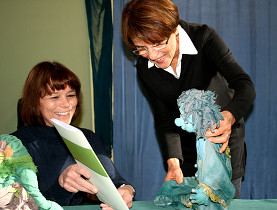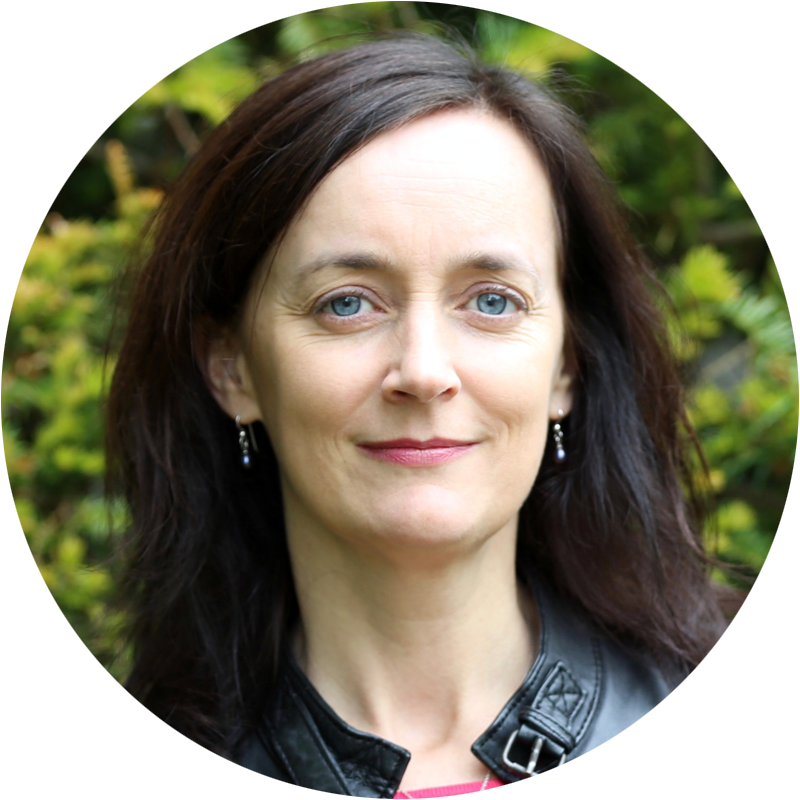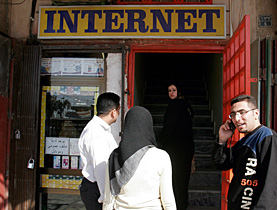When puppets speak louder than words

While an adult with a problem can complain and explain, it sometimes takes the magic of puppetry to unlock the secrets of troubled children.
From a very young age children are able to assign roles to objects and invest life in them and many children can connect more quickly to an imaginary character than to a real person.
In August, a group of 15 professionals began the inaugural first year of a three-year diploma in puppet psychotherapy at the technical college of pedagogical and therapeutic puppetry in Interlaken.
As part of their training, they learn to make puppets and will create dozens by the end of the course.
Kings, queens and other royals, family members from baby to grandfather, a menagerie of animals – a large cast of archetypal figures representing good and evil will be represented.
Child-led
But it is not the therapist who puts on the show, rather the children who will be given the tools to express themselves.
Course director Cornelia Kihm explained what happens when a child comes for therapy.
“In a divorce case, for example, we don’t take a mother, father and child puppet and ask the child to improvise. We invite the child to choose his or her own puppets, props, story and setting.”
“Problems may be communicated in symbolic ways and children will choose the characters and props they need at that moment,” Kihm said.
Often a theme will emerge in therapy sessions that the therapist can explore with the parents. Kihm recounts the story of a young boy who was terrified of walking to school. During sessions, he repeatedly playacted an unknown force, symbolised by a cloth over his hand, coming to take the castle treasure away.
“We asked the parents if there was a threat to the family that the boy did not fully understand and they admitted that the child had been kept in the dark about the grandfather’s serious illness in an effort to protect him,” Kihm explained.
Despite the parents’ best intentions, the boy had picked up on the atmosphere of fear and worry and felt it just as strongly as they did.
Trapped
Children with serious problems are often trapped by their inability to communicate or understand what is happening. Their behaviour can be as mystifying as it is frustrating.
In another case a little girl observed that her mother was struggling to cope with an overload of work and home demands and the child became very concerned for her survival.
The girl demonstrated her worry by following her mother around like a shadow, always trying to help, and getting physically sick when the woman left the house.
The parents found the behaviour trying and inappropriate for a ten year old but came to understand through puppet therapy that by organising better support for the mother they would help the child.
But the parents are not always the therapists’ allies when children are in difficulty.
“In a conflict situation where the parents are unwilling or unable to solve their own problems, sometimes the most we can offer the child is an hour of peace to himself,” Anneliese Boss, co-director of the college told swissinfo.ch.
Tough cases
The therapists also deal with children and teenagers who are referred to them by social services.
“In suspected cases of child abuse, we may, depending on the gravity of the issue, submit a report to the court, objectively stating the nature of therapy applied and including observations concerning recurring themes and symbols,” Boss said.
The Interlaken course is fully certified and open to those who already have completed professional training in a related field.
Up to now Swiss professionals interested in this type of therapy have gone to train in Germany. There was also a private course run by a pioneer of puppet therapy in the 1990s.
There are 50 to 60 trained puppet therapists in Switzerland using this form of treatment to some extent in the course of their work, according to Boss.
“It’s not extremely widespread or well known but we hope to change that soon,” she said.
Puppetry has been part of human expression and communication since pre-historic times. Different forms of puppet theatre emerged in ancient civilisations and the figures have been used in rituals, religion, story-telling and social commentary down the centuries.
Today puppet theatre is recognised as an art form in numerous international festivals, notably Avignon, Edinburgh, Charleville-Mézière and New York.
Given a boost since the advent of television, puppets have spilled over into the fields of education, recreation, advertising, psychology and therapy, amongst others.
The Swiss scene has undergone strong development in the 50 years since the Swiss Puppetry Association, Unima Suisse, was founded.
New puppeteers are joining the ranks every year and Zurich University of Arts offers a Certificate of Advanced Studies in the discipline.

In compliance with the JTI standards
More: SWI swissinfo.ch certified by the Journalism Trust Initiative



You can find an overview of ongoing debates with our journalists here. Please join us!
If you want to start a conversation about a topic raised in this article or want to report factual errors, email us at english@swissinfo.ch.